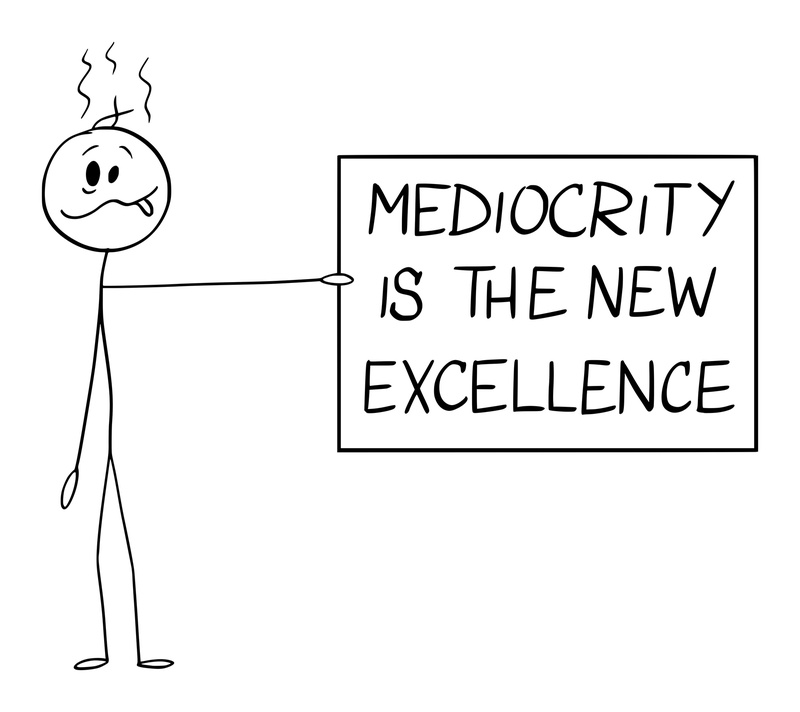By James Pinchbeck, Marketing Partner
How often, especially if you are on LinkedIn, have you seen a post or received news that someone you know has been promoted? How often does such promotion seem to be a somewhat significant step up or change from an existing role? Whilst a career trajectory from assistant to a C suite role in a matter of a few years might seem unplausible, it does seem increasingly possible.
It seems gone are the days that one’s career progression is based on a number, if not many, years of work and being mentored and supported by a more senior person, with such progression dependent even on the retirement of the person in the role above.
Certainly, such advancement was inevitably based on past performance, a track record and achievements. It might be said that people had to earn their stripes and prove their worth.
Why then might we be seeing more fast-tracked careers?
Perhaps one, if not the key reason, for seeing such changes is the phenomenal pace of change we are all facing not just in our work lives but in our personal lives. Change in what work we do, the way we work and for who we do that work would appear constant and perhaps even unrelenting. As a result, having a job or role that involves you doing the same thing for many years has been jettison to the history books. We need and quest as businesses new ideas, skills and techniques which invariably means new team members.
We have also seen, not least on the back of the pandemic, an increase in those opting for earlier retirement, which along with the fact that long lengths of service are perhaps a thing of the past, has meant that organisations have had to possibly bring people on sooner.
What then is the impact on our work or the work we do?
Whilst in the past you might recruit someone to fill a defined role based on an understanding of what the role requires it would seem organisations are having to recruit roles that are subject to constant change, even with a risk of being defunct. It is then often difficult to determine what is required in the roles, both in term of experience and skills, even attitudes.
In the past you may have recruited for a role based on an individuals’ past performance. In the new order it would seem we are having to recruit more on the basis of potential achievement or the ability to make things happen as opposed a person’s track record.
The speed of change also impacts how we recruit to fill roles, perhaps with a need to fill vacancies more with people that can adapt and respond, even thrive to change. It would also seem that we need to review roles more frequently to ensure that they are aligned to the needs of the organisation.
Perhaps one of the biggest challenges though is measuring the performance of work colleagues. In the past the repetitive nature of work, year on year, meant it was easier to assess the productivity and impact of team members. Line managers had a good grasp on what was required in terms of the contribution and value of their staff.
However it does seem, not least where we take people on that bring new skills and techniques to an organisation, increasingly challenging to measure outcomes and performance. Many employers are now facing situations where they are bringing staff in who have skills, knowledge and experience that they don’t.
In light of this background, it would appear business leaders are undoubtedly facing an unprecedent challenge around determining workforce requirements, recruitment, ensuring productivity and measuring performance. Perhaps of real concern is that no longer is past performance an indicator of future outcomes and we are increasingly reliant on the skills and attitudes of colleagues, along with our own ability to adapt to and even embrace change if we are to thrive and succeed.



